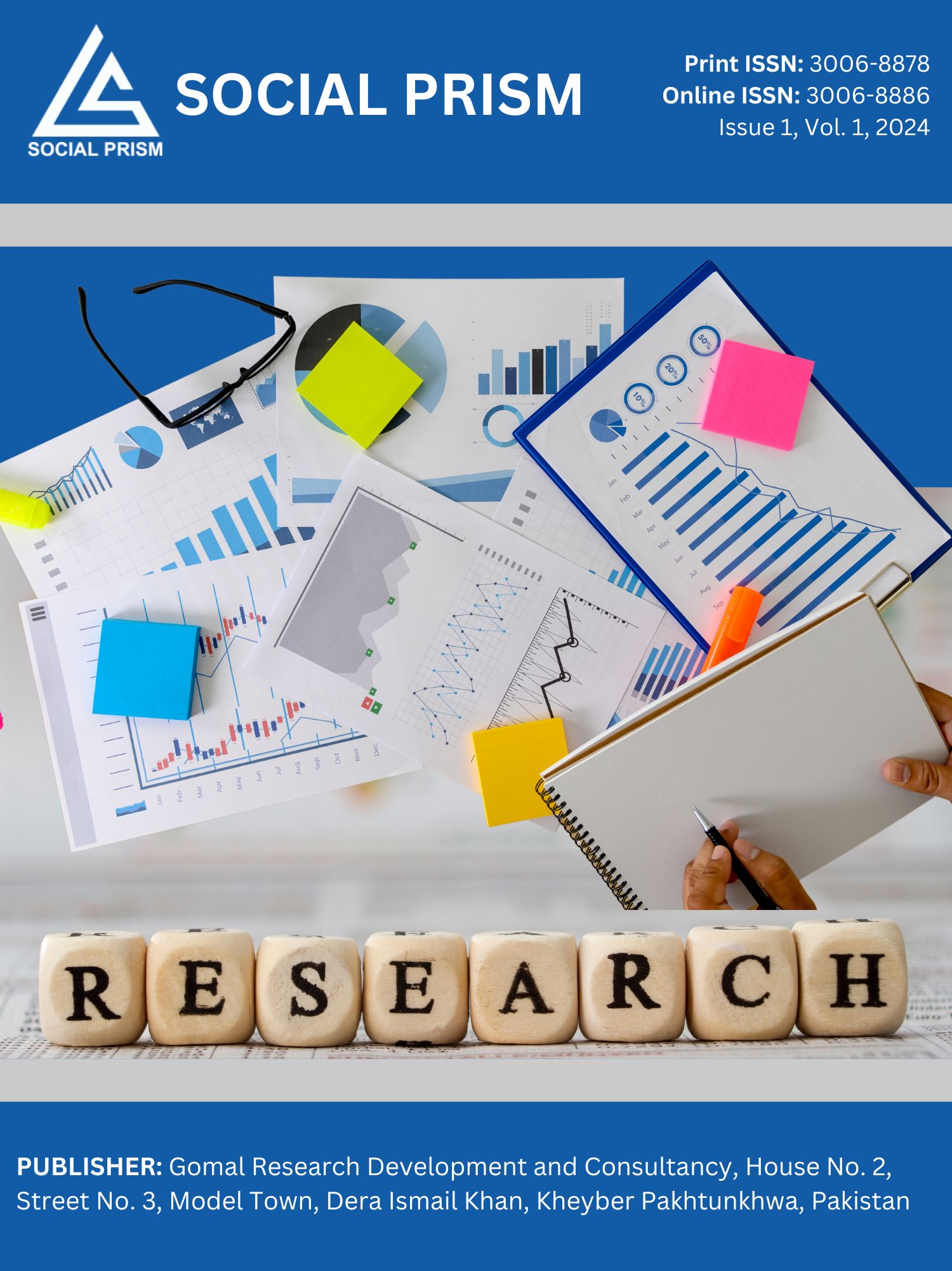Pakistan’s PECA 2025 and Global Digital Regulations: Balancing Security and Freedom
DOI:
https://doi.org/10.69671/socialprism.2.1.2025.28Keywords:
PECA 2025, digital governance, comparative legal analysis, Pakistan, online regulation, censorship, digital authoritarianism, cyber laws, critical discourse analysisAbstract
PECA 2025 has been feared to negatively impact the digital freedoms and liberal politics of Pakistan as it has potentially provided preventive measures against cybercrimes. The passed law increases government control over the online environment by adopting more rigid content restrictions, creating the criminalization of code ‘fake news’, and making the bulk of social media platforms register with the government. While the Pakistan government has claimed that PECA 2025 is necessary for protecting from cyber threats, fake news and scammers, some critics believe that PECA 2025 legalises over surveillance, frees enterprise to control dissent and limit press freedom.
Thus, the present research aims to perform a comparative legal research of PECA 2025 with the digital regulations of India, the USA, Great Britain, Turkey, and China to define its compliance with the trends. Based on the Digital Authoritarianism Theory, the study examines if PECA 2025 adopts standard democratic digital governance or if they reassert state control in online environments. CDA is applied and its efficacy is seen in how it examines contextual reasons given for legislation, the type of language contained in legal documents and the inherent ideologies informing policies.
Research shows that while PECA 2025 shares its features of cybersecurity with the countries away from dictatorship, its enforcement mechanisms, as well as its general provisions on censorship, correspond to the tactics of authoritarian control in cyberspace. Therefore, the paper concludes that while PECA 2025 promotes internet safety, regulations for this purpose are likely to be employed as a form of political oppression. The implication of this paper is that there is a need to come up with an effective policy framework that can allow the governments to embrace cybersecurity policies while protecting basic digital rights to embrace the best governance model that is democratic.
Downloads
Published
Issue
Section
License
Copyright (c) 2025 Dr. Syed Asad Ali Shah, Muhammad Nasir Butt (Author)

This work is licensed under a Creative Commons Attribution 4.0 International License.








